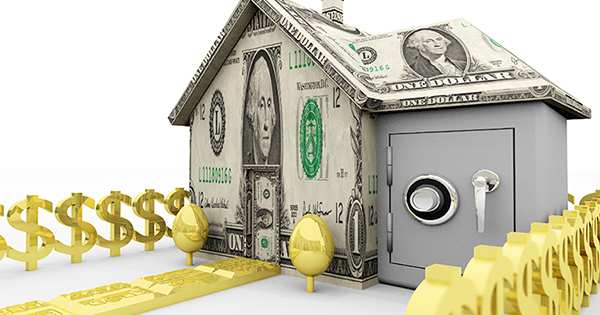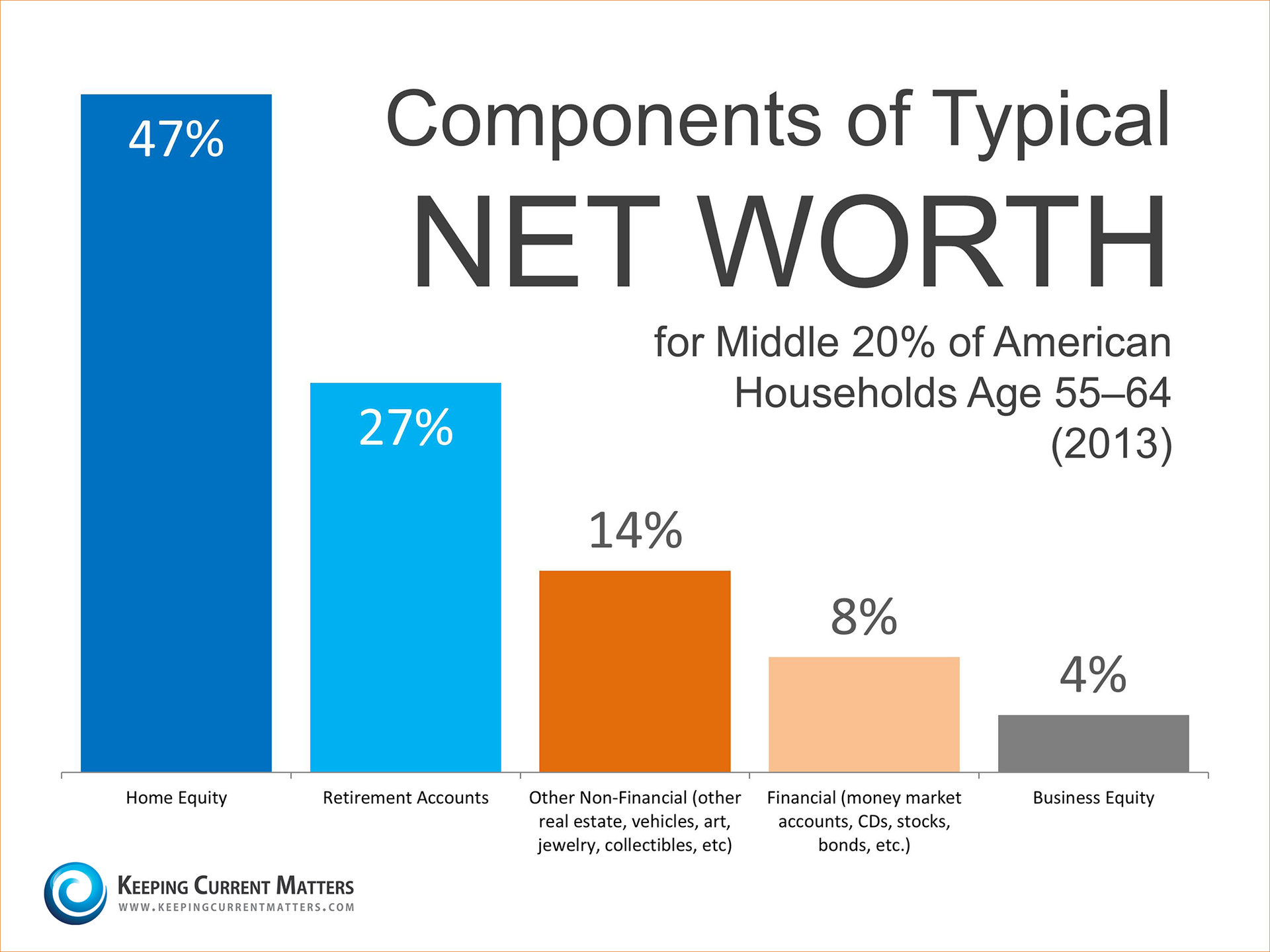
There has been a lot of discussion in the media about homeownership and whether it is a true vehicle for building wealth. A new report looks at the impact owning a home has on the financial wellbeing of people closing in on their retirement years (ages 55-64).
In recently released study by the Hamilton Project, "Ten Economic Facts About Financial Well-Being in Retirement," it was revealed that:
"Most households in the United States find retirement planning a daunting challenge, with good reason. Rising life expectancy and potentially exorbitant long-term care costs have increased the financial resources required to support oneself and one’s spouse in retirement and old age. For many segments of the population, negligible real wage growth has made the challenge all the more difficult. Furthermore, there are multiple dimensions of uncertainty when it comes to planning for those years, including returns on investments, health, longevity, Social Security benefits, and the level and type of support available from family members. Even with substantial planning, unanticipated events such as losing a job near retirement age, developing a serious illness, or the early death of a spouse can put pressure on even the most wellplanned retirement portfolios."
They study goes on to make the following salient points:
1. Middle-class households near retirement age have about as much wealth in their homes as they do in their retirement accounts.
“Over the past quarter century the largest single source of wealth for all but the richest households nearing retirement age has been their homes, which accounted for about two-fifths of net worth in the early 1990s and accounts for about one-third today.”
2. Home equity is a very important source of net worth to all but the wealthiest households near retirement age.
“Home equity is an important source of wealth for middle income households, accounting for more than one-third of total net worth for the second, third, and fourth quintiles of the net worth distribution… The fifth quintile has a much larger share in business equity—almost a quarter—than any other quintile. (The figure leaves out the bottom quintile of households because they have negative net worth. It is likely that these households will rely almost exclusively on Social Security in retirement.)”
Here is an asset breakdown for the middle 20% of Americans determined by median net worth ($165,720). Note the overwhelming percentage vested in home equity for this group:
The data from this study shows, once again, that what has been historicallly true remains true for many today. Homeownership plays a big role in building wealth for American families. Interested knowing more, or have questions? As always, please feel free to ask. I'm here to help!
 Facebook
Facebook
 X
X
 Pinterest
Pinterest
 Copy Link
Copy Link
